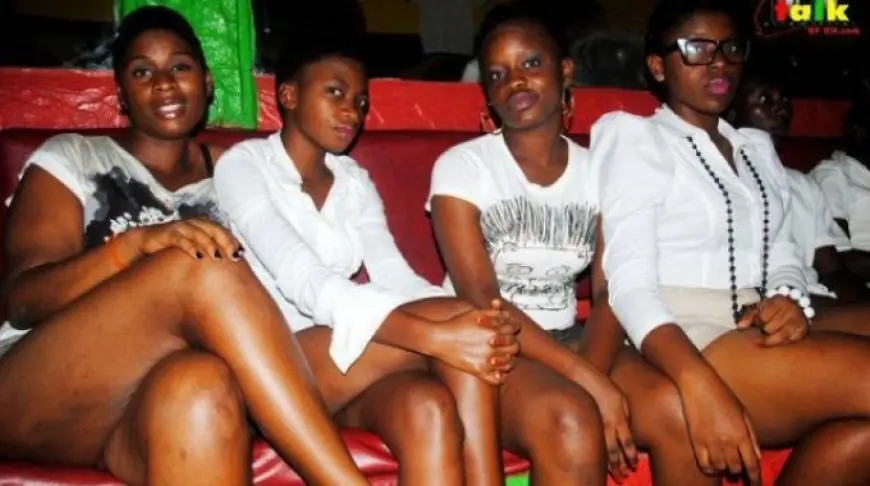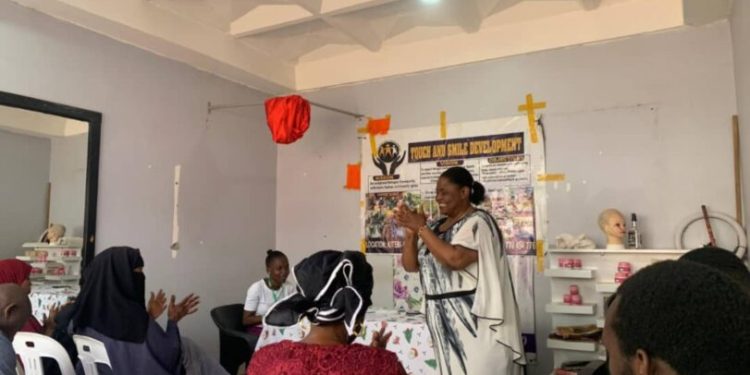Life as a single mother in Uganda is a daily test of strength, sacrifice, and survival.
According to a local source in Uganda, nearly 35% of Ugandan households are now headed by single mothers a rising number that reflects deep social and economic shifts in the country.
But who are these women? What challenges do they face? And how do they keep going—raising children, earning a living, and finding hope, often alone?
The source from Uganda revealed that single mothers come from all walks of life. Some are widows, others were abandoned by partners, and many are young girls who became mothers during their teenage years.
“Statistics from the Uganda Bureau of Statistics show that nearly 25% of girls aged 15 to 19 have already given birth, and many are raising children without any support from the fathers,” the source said.
He added that these women are found in both urban slums like Katwe and Kisenyi, and in rural areas, working small farms or doing informal jobs.
Most single mothers earn very little. The source that many survive on less than $2 per day, working as market vendors, housemaids, or subsistence farmers. This low income barely covers rent, food, or school fees.
Some must send their children to work or drop out of school entirely because they can’t afford tuition—even in so-called “free” public schools that still charge for uniforms, exams, or meals.
The source also explained that housing is a major issue. Many single mothers rent tiny, overcrowded rooms in slums, where landlords exploit them, knowing they have few options. Rent can take up almost half their monthly income.
Healthcare is another burden. When a child falls sick, clinics are often too expensive. The source highlighted that maternal mortality remains high in Uganda, with 336 deaths per 100,000 births. Many single mothers can’t afford prenatal care or emergency services.
In traditional Ugandan families, relatives often helped raise children. But now, the source said that many single mothers are rejected by their families and society. Some are called “failures” or even seen as “cursed.”
This isolation leaves many emotionally and mentally drained, without the community support they desperately need.
Additionally, Despite these hardships, Ugandan single mothers are incredibly resourceful and resilient.
The source explained that many women run side businesses to survive—selling vegetables, roasting maize, or braiding hair by the roadside. These “hustles” provide just enough income to feed their children and pay basic bills.
Some join local women’s groups or savings cooperatives (SACCOs), pooling money to start small businesses like soap-making or tailoring. These groups also offer emotional support and shared childcare.
Churches and mosques** provide more than just prayer—they often offer **emotional support**, food aid, or a sense of belonging. Many single mothers say their faith helps them stay strong.
The source mentioned a few efforts that are making a difference, including the Uganda Women’s Entrepreneurship Programme (UWEP) offers small loans to help women start or grow businesses.
NGOs like BRAC Uganda provide vocational training in skills such as tailoring, poultry farming, or hairdressing.
Some schools waive fees for children of single mothers, though such support is inconsistent and often limited to donor-funded institutions.
Despite everything, many single mothers refuse to give up. Take Sarah Nalwoga, for example. Abandoned while pregnant, she started a small poultry farm in Mukono. With training from an NGO and a loan from her local savings group, Sarah turned her business into a success. Today, she employs two other women and sends her children to school.
Others believe education is the key to a better future. Even with very little, many mothers prioritize school fees, hoping their children won’t repeat the same cycle of poverty and abandonment.
The source further noted that their is needs to change for the single mothers, where the Uganda’s single mothers are not just victims—they are fighters. But to truly thrive, they need, Better enforcement of child support laws, Affordable healthcare and school access, Stronger protection from discrimination and stigma and More government-backed programs that provide training, childcare, and financial help.
The source concluded that with the right support, the future can be brighter—for single mothers and their children.
Final Thought: They Survive Today. But With Help, They Could Thrive Tomorrow.
Single mothers in Uganda live some of the toughest lives imaginable. Yet every day, they wake up, work hard, raise children, and hope for a better tomorrow.
Their strength is undeniable. But they shouldn’t have to fight alone.



